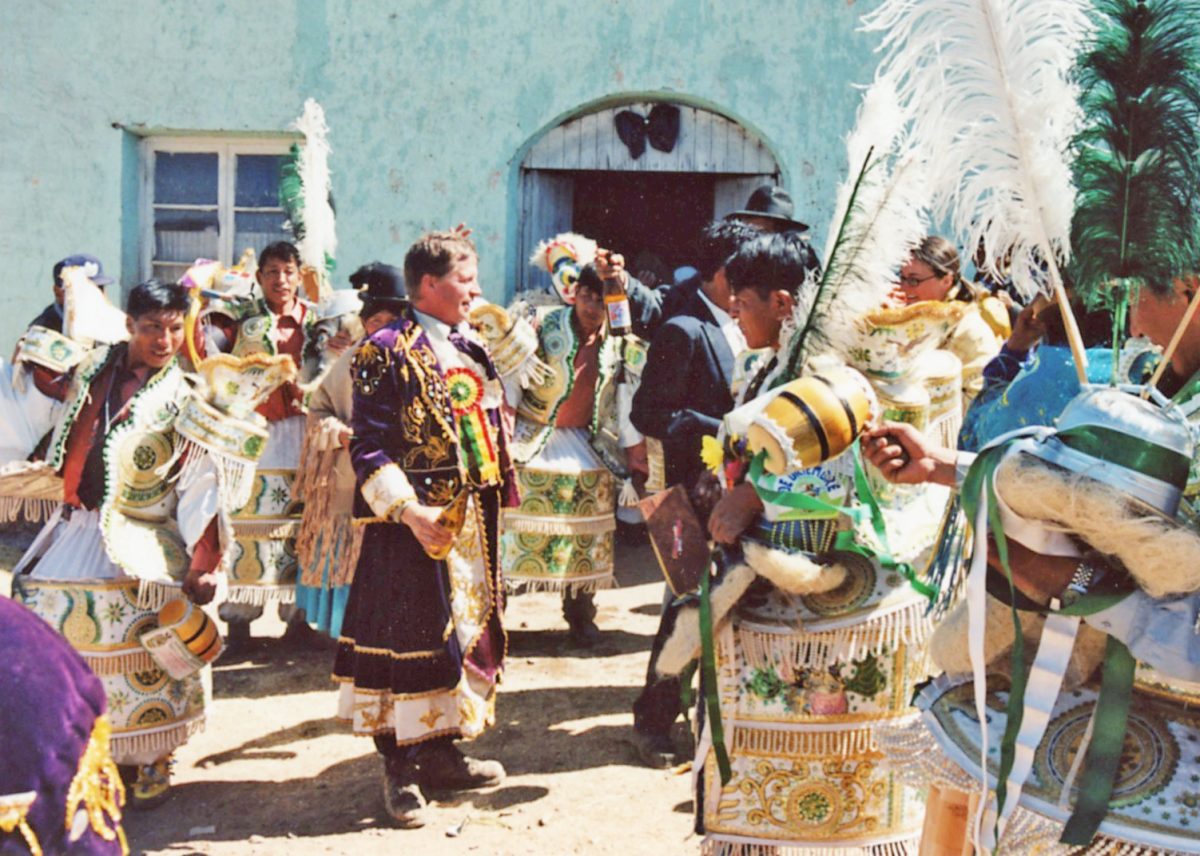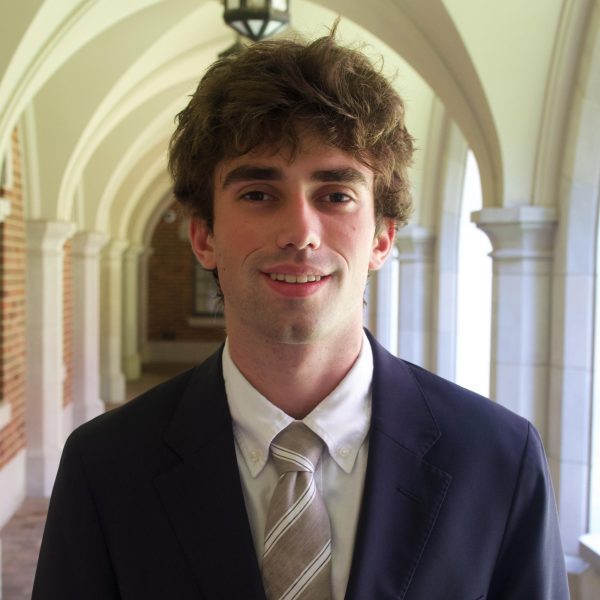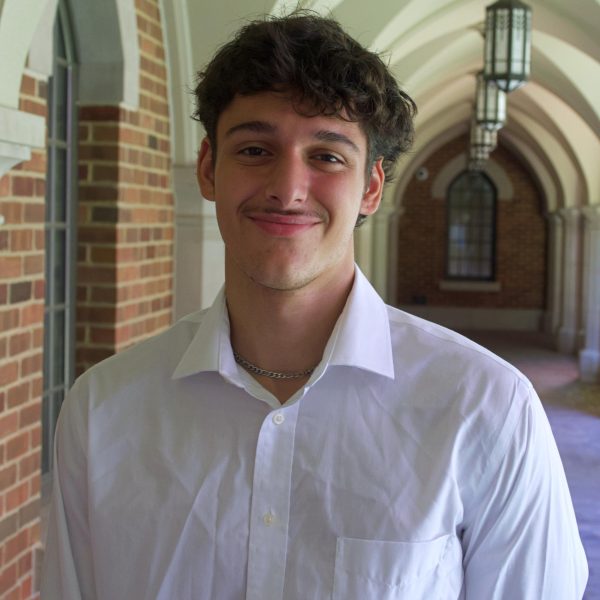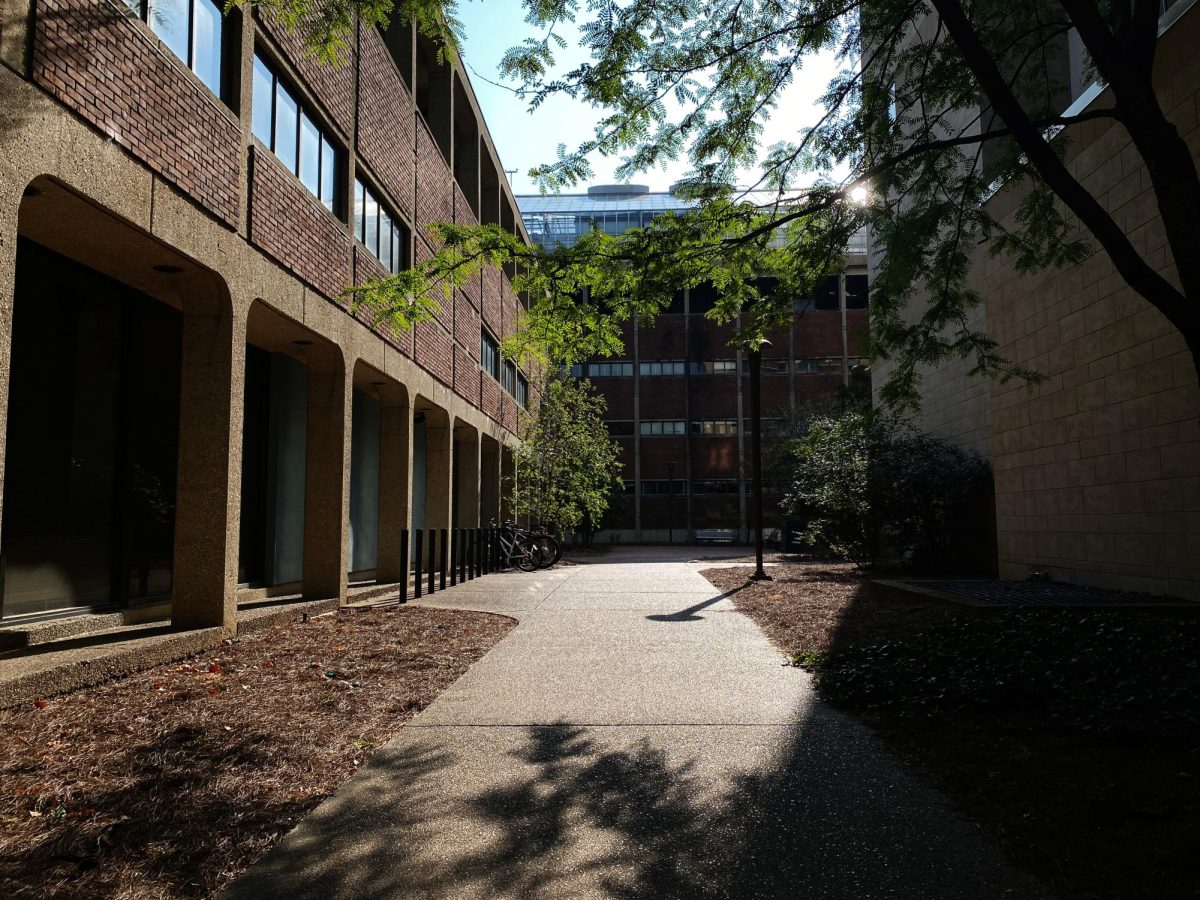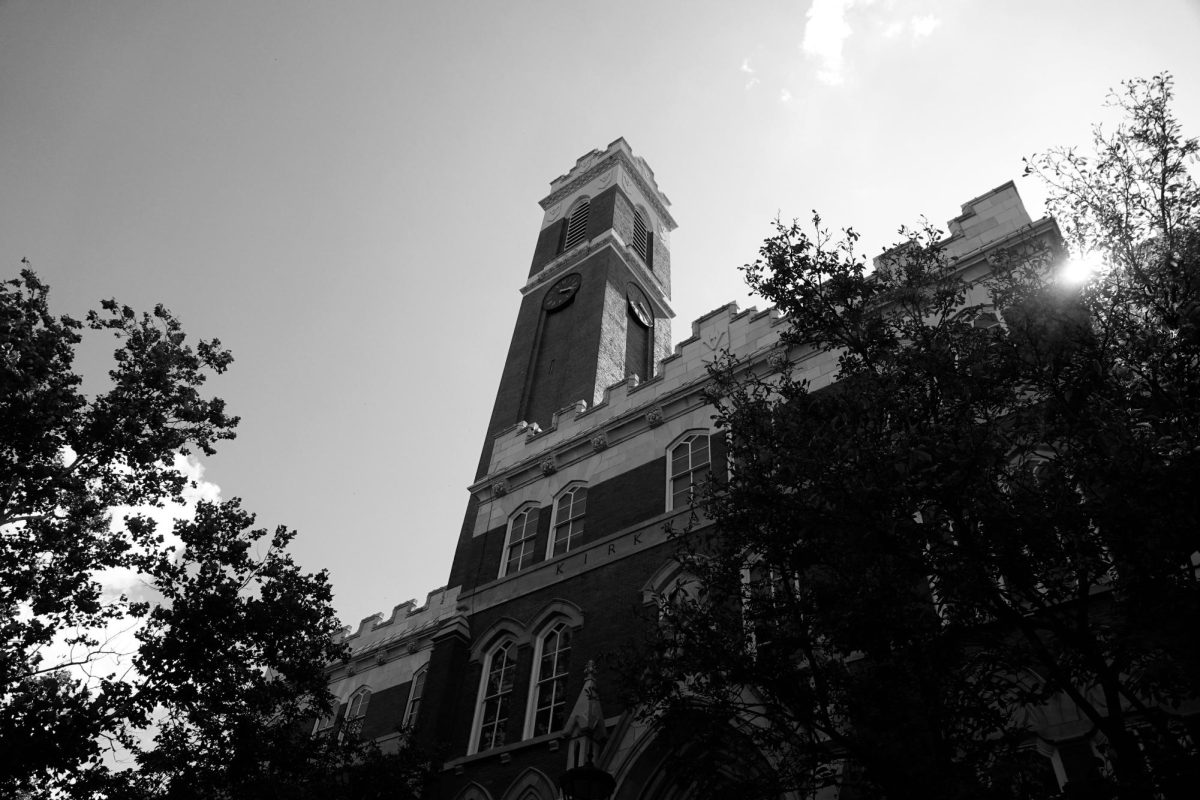Professor John Janusek pledged to build research facilities in the indigenous town of Qhunqhu Liqiliqi, Bolivia, using university funds. Since his passing in 2019, a few former colleagues have sought to continue the project.
Janusek was an archaeological anthropologist and became a Vanderbilt faculty member in 1998. He devoted over 30 years of research to the pre-Columbian world, focusing on the Tiwanaku civilization in Bolivia. According to his obituary, Janusek was provided university funds through a Research Scholar Grant to pursue this work in Khonkho Wankane and Iruhito, two project sites in the Lake Titicaca basin in Bolivia. Archaeologist Alexei Vranich contacted The Hustler on Sept. 15, alleging these funds were returned to the university following Janusek’s passing.
Funding
Janusek led excavations for many years at the site of Khonkho Wankane in the town of Qhunqhu Liqiliqi. Janusek made commitments to town community leaders to construct a research center to house artifacts from the excavations. The building was partially constructed when Janusek died, and funding from the university ceased. The facilities remained partially built until archaeologist Erik Marsh, who works for the National Scientific and Technical Research Council in Argentina, used a grant from the Gerda Henkel Foundation to restart construction in August 2023.
The Research Scholar Grants program offers funding for “innovative scholarship” and “humanistic research,” according to the Office of the Provost. Janusek was awarded this money to fund his archaeology work and research into ancient Andean monoliths. He elected to use part of this funding to construct this research center for the town.
Professor of anthropology at Eckerd College Anna Guengerich, former Vanderbilt research assistant professor and Janusek’s widow, said she reached out to Professor Beth Conklin, who was anthropology department chair at the time, to ask that Janusek’s funds be released to collaborators who could continue his work on the research center. Professor John Geer, who was Dean of the College of Arts and Science when Janusek died, declined the request, according to Vranich. The university declined to comment on these requests.
“There were a few of us that felt that it was a breach of the standards of research protocol to [not] grant that money since it wasn’t for John [Janusek] per se — it was for this project that was very clearly earmarked,” Guengerich said. “There were collaborators who had been involved with it all along who were able to bring it to fruition.”
According to Vranich, Geer approved a separate request by Vice Provost Tiffany Tung for funds to digitize and archive parts of Janusek’s unfinished work. A representative from the university said Geer did not have anything to add in response to questions about the funding process.
Vranich reached out to Geer before contacting The Hustler, requesting again that Geer release the funds originally given to Janusek. In his message to Geer, Vranich emphasized the sensitivity surrounding the treatment of indigenous communities by Western research institutions and attached a statement from 2022 on the issue by the Society for American Archaeology. According to Vranich, he did not receive a response from Geer. Geer has not served as Dean of Arts and Science since the end of his five-year term in June 2023.
“It was a commitment to the community and an important way of giving back since obviously they gave them their time and let his team in and let them work there,” Guengerich said. “I knew that it was really close to his heart.”
Professor Steven Wernke — chair of the anthropology department — expressed appreciation for Janusek’s work in a statement to The Hustler. Wernke said the department has maintained a “collaborative relationship” with Marsh, who will deliver a talk on campus in April.
“Dr. Janusek was a deeply respected archaeologist who made an enormous impact on Andean archaeology and had especially deep research and community commitments to Khonko Wankane. He not only greatly expanded our knowledge of ancient societies in the South American Andes, but also was deeply respectful of, and respected by, the local communities in which he worked,” Wernke’s statement reads. “We wanted to see his legacy endure and were pleased when his close colleague, Dr. Erik Marsh, continued work on Dr. Janusek’s project in Konko Wankane.”
Community relationships
Janusek spent years in Khonkho Wankane conducting excavations that revealed ancient monoliths, living spaces and multiple temples used by the ancient Tiwanaku civilization. Vranich recalled Janusek’s efforts to foster a close relationship with the communities he worked with in Qhunqhu Liqiliqi and in the broader region.
“[Janusek] had a stellar reputation of getting along well with the local communities,” Vranich said. “He spoke the indigenous language. He participated in all their festivals. He was well respected by everyone for being a good, fair person, but also [for] being very involved culturally and socially with the local indigenous people — much more than any other archaeologist.”
Marsh echoed Vranich’s sentiments, remembering how Janusek served as the sponsor for the Festival of Saint James procession in July of 2007. As sponsor, Janusek was the host leading a “team” representing one of the four major regions of the town.
“All of those people came to his house, and he had to serve them food,” Marsh said. “He had to rent huge amounts of costumes, which are really elaborate and heavy. He had to hire a band to play nonstop day and night for an entire week, and then he had to get a whole bunch of people to come over and be on his team, and they took turns marching through the plaza with music and dancing.”
Guengerich reiterated the unique connection Janusek made with the community of Qhunqhu Liqiliqi.
“I don’t know if any non-Aymara person has done that ever,” Guengerich said.
Guengerich added that Janusek became so close to the community through friendships he made working on the nearby pre-Columbian archaeological site, Tiwanaku.
“[Janusek] just treated people like friends and not just as work associates, really seeing people as individuals and not just saying ‘the Aymara,’” Guengerich said. “He was a musician — he always played a lot of instruments — so he would always bond with local Aymara people over playing guitar.”
Members of this isolated community only recently found out about Janusek’s passing, according to Vranich and Marsh.
“The last time I was there, I still get guys that ask me, ‘When is he coming back?’ Or they have bad eyesight, and so they think I’m him,” Marsh said. “At this point, people know. They all have fond memories of the time when he was there.”
The future of Janusek’s work
Marsh and Guengerich both said they believe housing artifacts in Jésus de Machaca is very important for the secluded town. Marsh said this is why he has worked with the Bolivian government to prevent the artifacts from being placed in a museum in La Paz.
“Even though La Paz is only a couple hours away, as far as the local people in the town are concerned, it’s another country,” Marsh said.
Marsh said locals hope that scholarship in the area will lead to future tourism. Part of Marsh’s work has been creating pamphlets to make information about the historical sites more accessible to the public.
Marsh also said he’s working to complete an edited volume Janusek and his project collaborators contributed to in 2010. Guengerich suggested that interested students could read Janusek’s 2008 book “Ancient Tiwanaku,” an accessible introduction to his work. Guengerich is also preparing a manuscript containing research on which the two of them collaborated.
Through Marsh’s grant, the research center’s principal construction was completed in June 2024. It will serve as a museum for excavated artifacts for local Aymara community members, as well as a research center where scholars can live and work.
“This felt like one of the big legacies that John left undone,” Marsh said. “It felt like something that had to be finished — not just for him, but for the whole rest of the project.”
Editor’s Note: If you are struggling with mental health, you can reach the University Counseling Center at (615) 322-2571 or their Crisis Text Line by texting VANDY to 741741. If you have a friend who needs support, complete a student of concern report to help them get connected. You can also contact the 988 Suicide and Crisis Lifeline to connect with a licensed counselor at any time.


